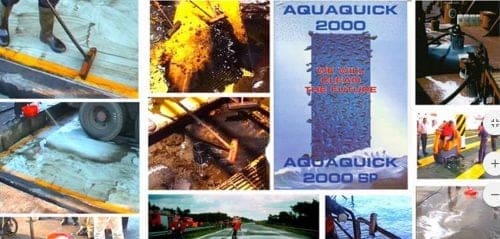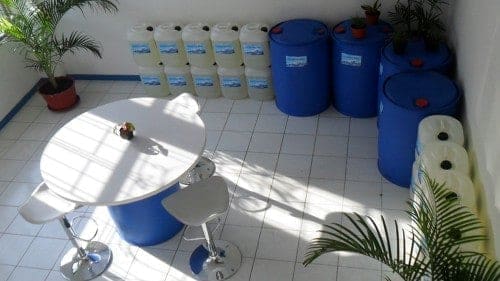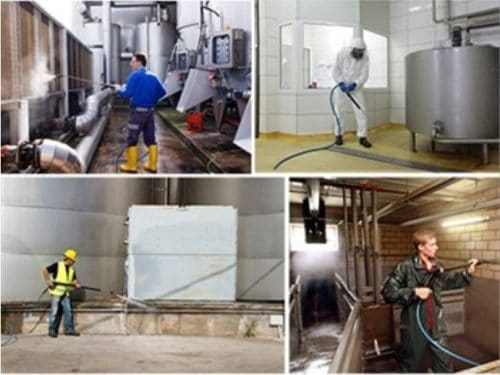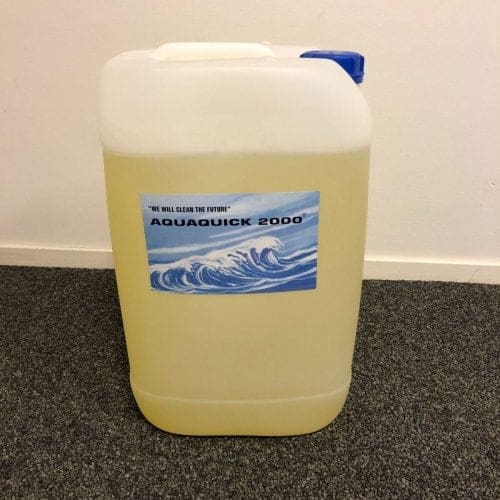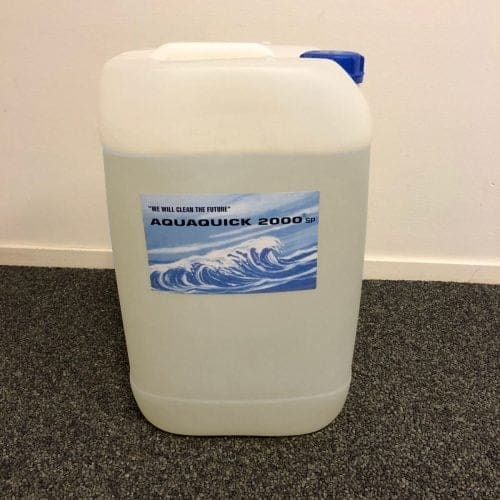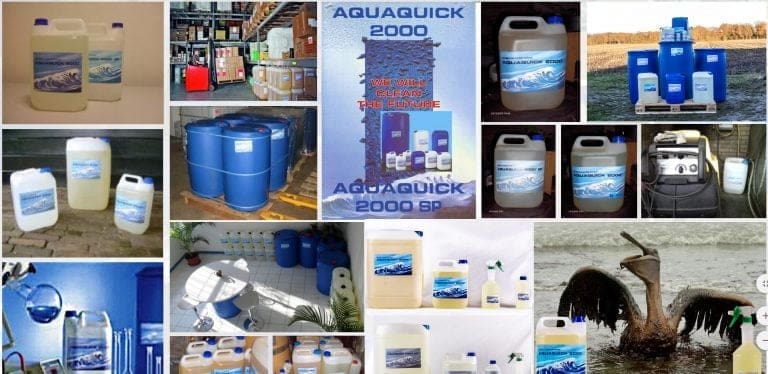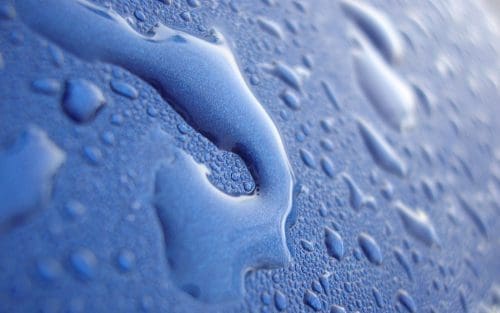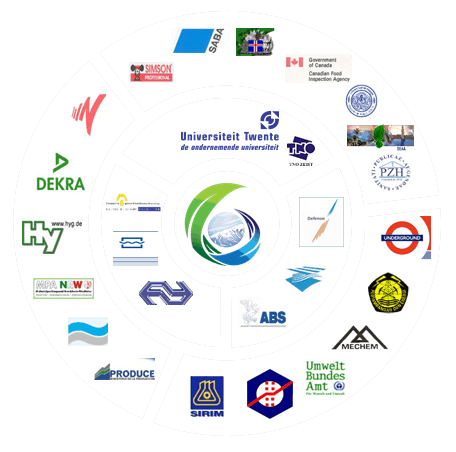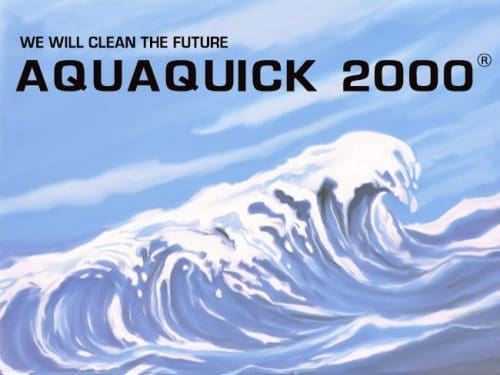The industrial cleaning sector has undergone significant changes in recent years, with a growing shift toward environmentally friendly and sustainable solutions. One of the most impactful innovations in this space is the rise of biodegradable cleaning agents. These products offer a powerful and eco-conscious alternative to traditional industrial cleaners, which often contain harsh chemicals that pose environmental and health risks. In this article, we’ll explore how biodegradable cleaning agents are revolutionizing the industrial cleaning industry and why they are considered a game-changer.
What are Biodegradable Cleaning Agents?
Biodegradable cleaning agents are substances designed to break down naturally in the environment without leaving harmful residues behind. Unlike traditional cleaners, which can persist in the environment for a long time and potentially harm ecosystems, biodegradable agents decompose into non-toxic components. This breakdown process is facilitated by natural microorganisms like bacteria, fungi, and other organic matter that feed on the chemicals, converting them into harmless byproducts such as water, carbon dioxide, and biomass.
These cleaning agents are formulated using natural ingredients, such as plant-based compounds, enzymes, and surfactants, which are both effective at cleaning and safe for the environment. This makes biodegradable cleaning agents ideal for industries looking to reduce their environmental impact while still achieving high cleaning performance.
The Environmental Benefits of Biodegradable Cleaning Agents
The main advantage of biodegradable cleaning agents is their minimal impact on the environment. Unlike traditional cleaning products, which may contain toxic chemicals that pollute water sources, soil, and air, biodegradable agents break down into harmless substances. This means they don’t contribute to long-term contamination or pollution.
Key environmental benefits of biodegradable cleaning agents include:
- Reduced Water Pollution: Traditional cleaners can contaminate water bodies, affecting marine life and ecosystems. Biodegradable cleaners, on the other hand, are designed to break down quickly, ensuring that no harmful chemicals are left behind to pollute rivers, lakes, or oceans.
- Safer for Wildlife: Since biodegradable cleaners are non-toxic and break down naturally, they pose no risk to wildlife, plants, or aquatic organisms.
- Lower Carbon Footprint: The production of biodegradable cleaning agents often requires fewer synthetic chemicals, reducing the overall carbon footprint of manufacturing processes.
Aquaquick 2000: Leading the Change with Biodegradable Ingredients
A prime example of a biodegradable cleaning agent that is changing the industrial cleaning game is Aquaquick 2000. This eco-friendly oil spill dispersant and industrial cleaning solution is made from plant-based extracts and natural ingredients, ensuring it is biodegradable and safe for both the environment and workers.
Aquaquick 2000 is ideal for cleaning a variety of industrial surfaces, including machinery, ship decks, and roadways, while also being highly effective in dealing with oil spills. Its unique composition accelerates biodegradation, turning harmful oils and greases into harmless substances such as water and carbon dioxide.
The product’s non-toxic, odorless, and colorless nature further enhances its appeal as a biodegradable cleaning agent. Workers can use Aquaquick 2000 without the risk of inhaling harmful fumes or coming into contact with harsh chemicals, making it a safer choice for both the environment and employee health.
How Biodegradable Cleaning Agents Are Changing the Industrial Cleaning Landscape
The shift toward biodegradable cleaning agents is transforming the way industries approach cleaning. In addition to providing environmental benefits, these agents are also proving to be highly effective in tackling tough industrial cleaning challenges. Here are a few ways biodegradable cleaning agents like Aquaquick 2000 are changing the landscape:
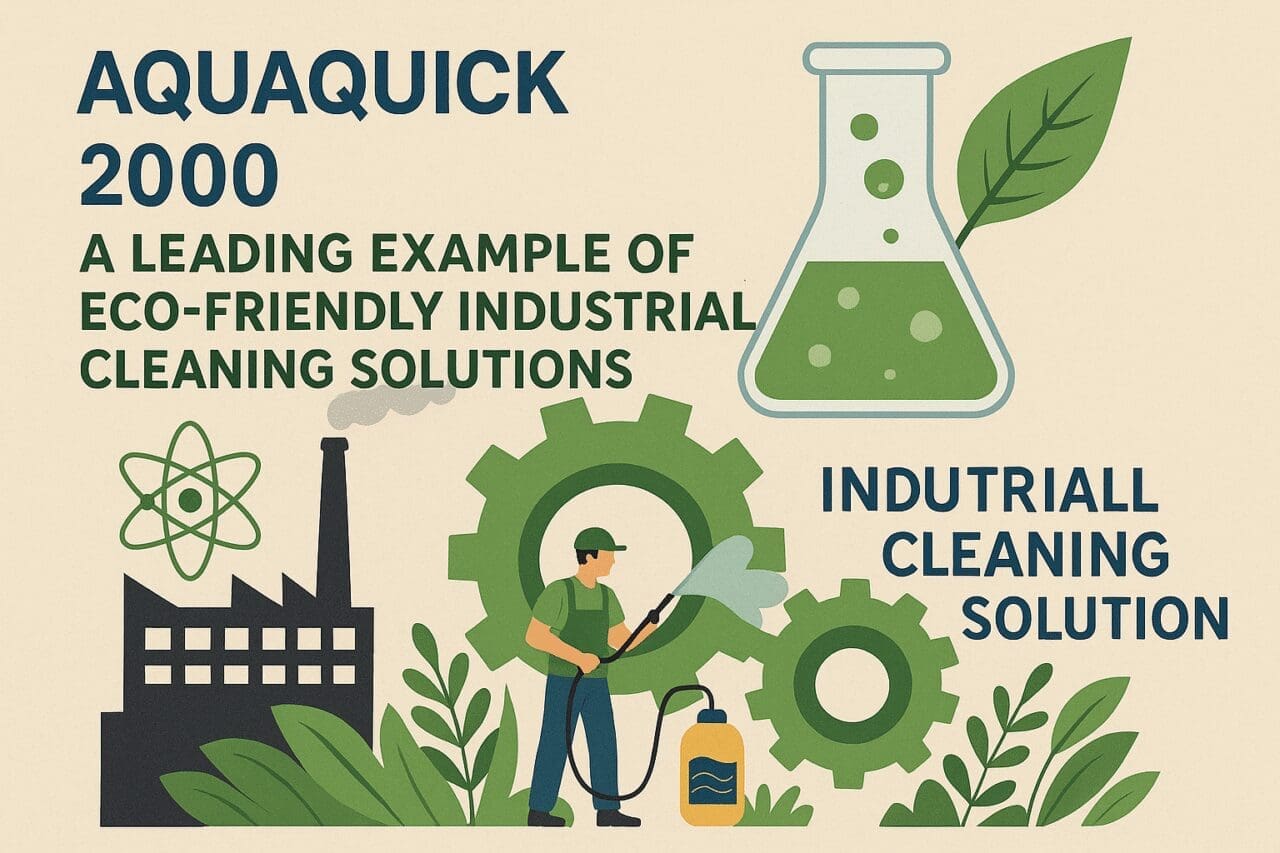
- Enhanced Efficiency: Many biodegradable cleaners are designed to be just as, if not more, effective than traditional chemicals at removing oils, grease, and other industrial contaminants. As a result, industries are achieving cleaner surfaces in less time and with fewer resources.
- Compliance with Regulations: As environmental regulations become stricter, industries must find ways to comply with local and global standards for waste disposal and pollution control. Biodegradable cleaners make it easier for companies to meet these requirements, avoiding costly fines and environmental damage.
- Long-Term Cost Savings: Though biodegradable cleaning agents may have a slightly higher initial cost than traditional cleaners, their long-term benefits, including reduced environmental impact, lower waste disposal costs, and enhanced worker safety, can lead to significant cost savings for businesses.
The Future of Industrial Cleaning: A Shift Toward Sustainability
The use of biodegradable cleaning agents is expected to continue to grow as industries become more committed to sustainability and reducing their environmental impact. Companies across sectors, including manufacturing, food processing, oil and gas, and marine, are increasingly adopting these eco-friendly solutions to maintain cleanliness while protecting the planet.
As more innovative products like Aquaquick 2000 emerge, industries will have access to highly effective, environmentally friendly cleaning agents that can handle even the toughest cleaning challenges. The future of industrial cleaning lies in products that combine sustainability, performance, and safety—biodegradable cleaning agents represent the future of a greener, cleaner industrial world.

